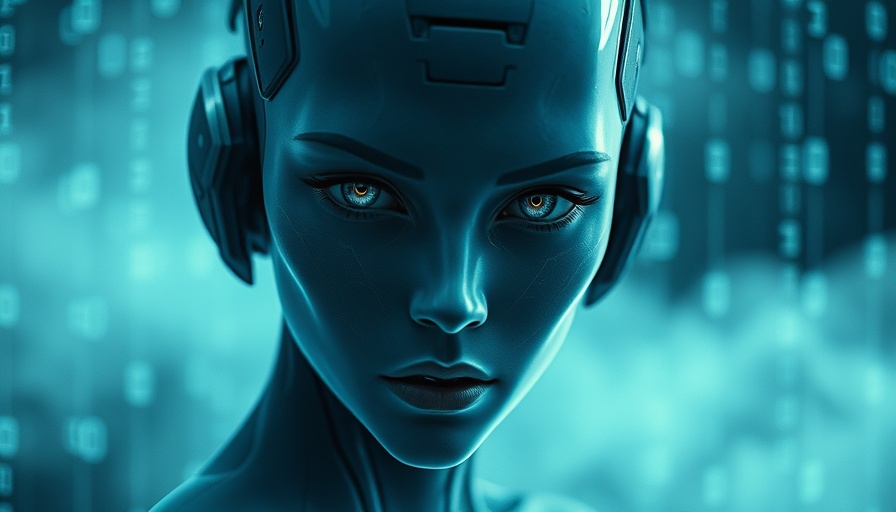
Exploring the Potential of Colony Starships: Our Future in Space
In the age of technological advancement, the concept of colony starships emerges as one of humanity's most ambitious endeavors. These enormous spacecraft are not just a whimsical notion from science fiction; they represent a formidable strategy for ensuring the survival of our species in the cosmos. Designed to carry large populations on extended missions, colony starships could serve as artificial worlds capable of sustaining life for decades or even centuries.
In Megastructures & Robots: Full Documentary, the discussion dives into the exciting possibilities of space colony starships and their role in humanity’s future, exploring key insights that sparked deeper analysis on our end.
The self-sufficient nature of these ships would rely on advanced life support systems, capable of recycling air, water, and waste, mirroring Earth’s ecosystems. Hydroponics and aeroponics could transform agricultural practices aboard these starships, allowing crops to grow without soil, thus ensuring a robust food supply during long journeys. This innovation alone could change how we approach space travel, enabling us to move beyond our planet with a sustainable model.
Why Artificial Gravity Matters
One of the intricate challenges that colony starships must address is the provision of artificial gravity. Adverse effects caused by prolonged exposure to microgravity can have detrimental impacts on human health. A plausible solution lies in designing the ship as a rotating structure, where centrifugal force creates gravity-like conditions. This notion paves the way for inhabitants to navigate and live comfortably, preventing muscle and bone loss typically associated with weightlessness.
But the design doesn't stop at physical health; it also requires a focus on mental well-being. The social dynamics of living in confined spaces for extensive periods necessitate environments that simulate the comforts of Earth. Incorporating virtual reality and adapted habitats could help passengers maintain their psychological health by providing recreational spaces that mimic natural settings.
The Need for Interstellar Expansion
As humanity grapples with existential threats—be they environmental disasters or man-made dangers—the importance of establishing colonies on distant planets becomes increasingly pressing. Colony starships offer a tangible solution to our planet's vulnerabilities by allowing us to colonize other worlds and reduce our dependence on Earth. This expansion into the cosmos not only serves as a safeguard against potential calamities but opens new frontiers for scientific discovery, economic growth, and cultural exchange.
Moreover, as we develop interstellar trade routes utilizing these starships, we could facilitate the exchange of goods, technology, and knowledge across vast distances, thereby fostering a space-faring economy that could yield extraordinary advancements in propulsion technology and material sciences.
Technological Innovations Shaping Our Future
The journey toward creating such mega structures doesn’t end at colony starships. Concepts like Dyson spheres and starlifters aim to harness the power of celestial bodies, further showcasing our capabilities in space engineering. A Dyson sphere, for instance, could theoretically capture the full energy output of a star, making it possible to support massive populations and advanced technologies without exhausting Earth’s resources.
Through these innovative designs, humanity stands on the brink of an era that not only emphasizes survival but also revitalizes the quest for knowledge and exploration. As technologies take shape, every advancement pushes us closer to becoming a multi-planetary civilization.
The implications of these mega structures are profound. By expanding our reach beyond Earth, we open up pathways that intertwine our fated existence with a broader cosmic narrative, allowing humanity to thrive across vast expanses of the galaxy. The future is bright with possibilities if we embrace these innovations and reaffirm our commitment to push beyond our planetary boundaries.
In conclusion, the exploration of concepts such as colony starships exemplifies the innovative spirit of humanity. As we stand on the verge of interstellar exploration, technological exploration is more important than ever. Discover and subscribe to Future Business Tech now. Click Link below: Future Business Tech.
 Add Row
Add Row  Add
Add 




Write A Comment